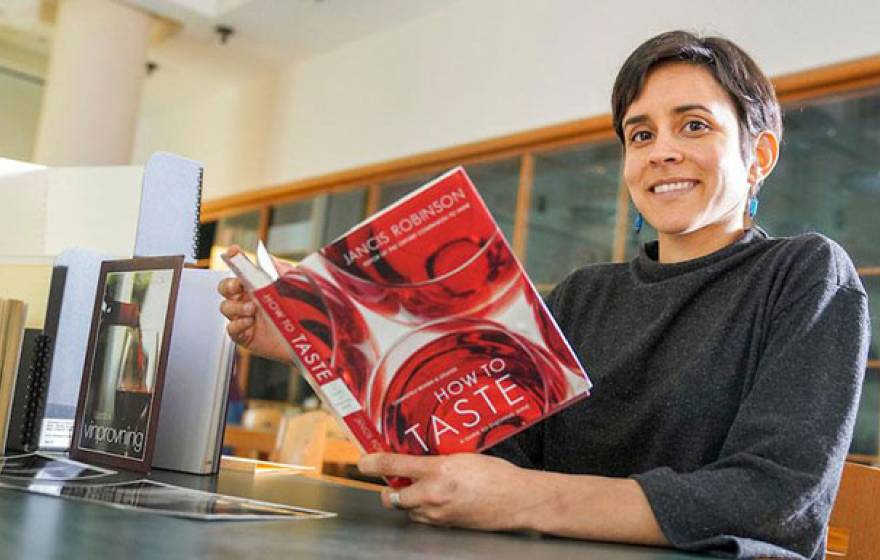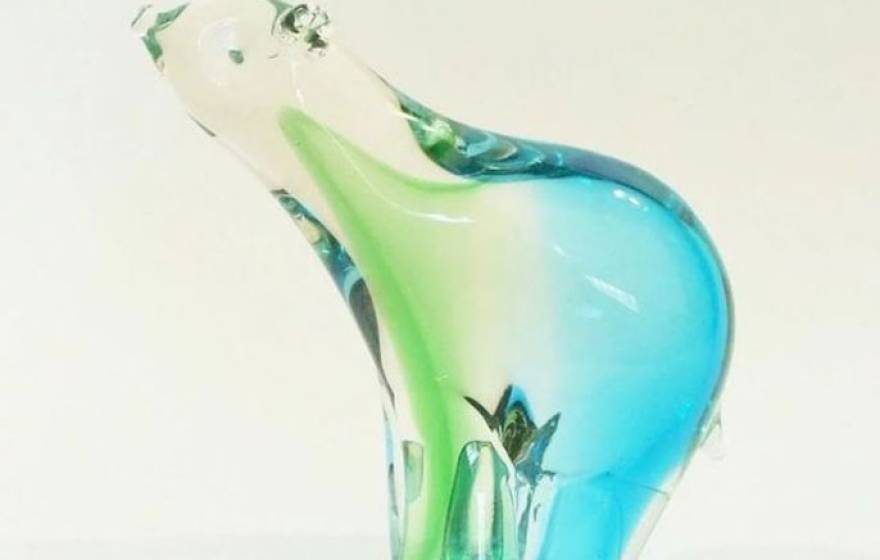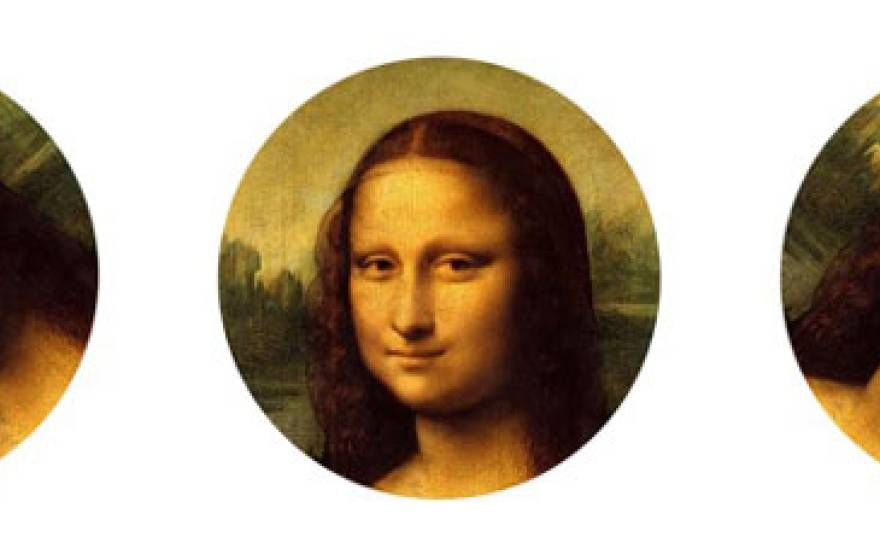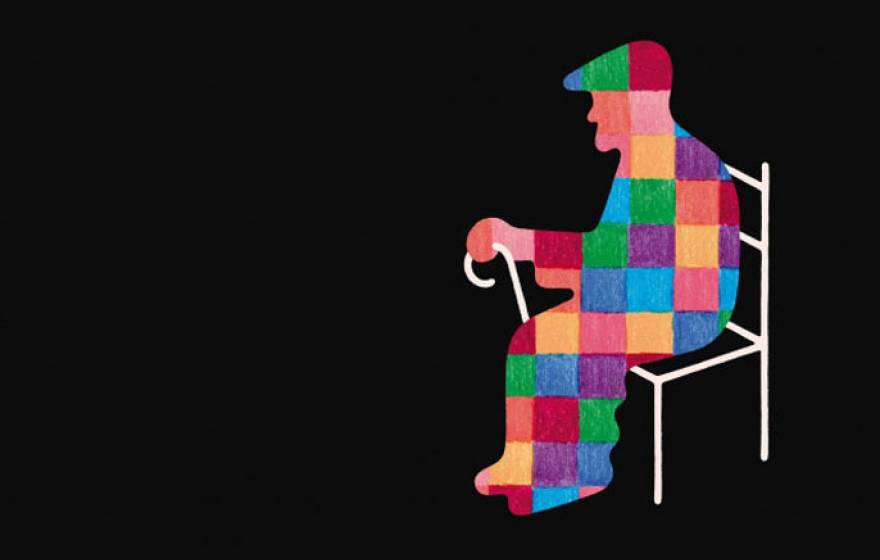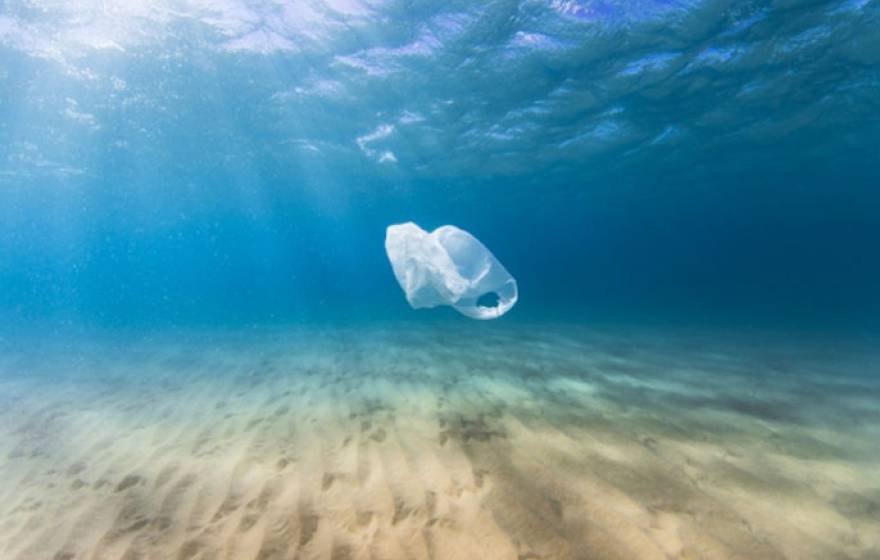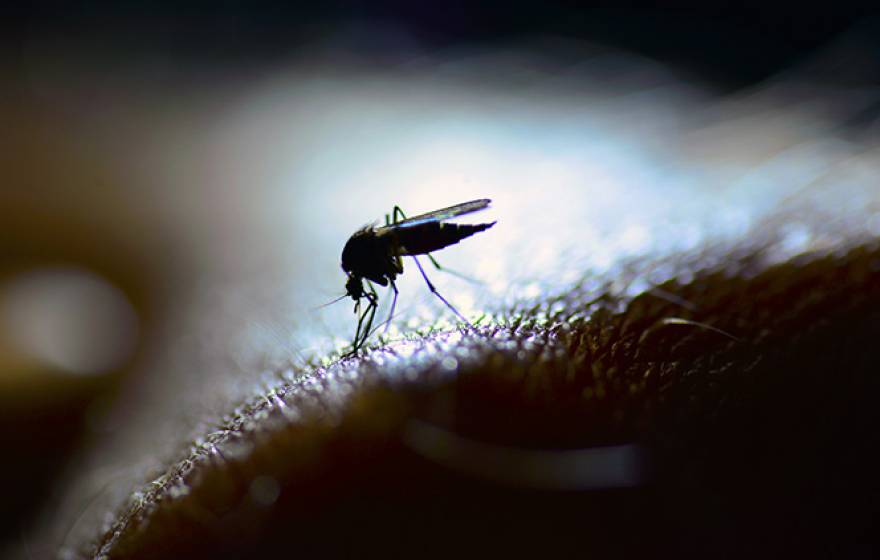A glimpse of UC Davis' bottomless collection.
Can our forests survive the next drought?
Researchers try to discover how many dry years plants can survive.
Can artificial intelligence tell a polar bear from a can opener?
How closely do deep learning computer networks mimic the human brain? There's still a long way to go, psychologists find.
The importance of being tilted
New findings show how a tilt of the head facilitates social interaction, with potential benefits for people with autism.
Artificial intelligence can detect Alzheimer’s disease in brain scans 6 years before a diagnosis
A machine-learning algorithm diagnosed early-stage Alzheimer’s disease using a common PET scan.
Bulldogs’ screw tails linked to human genetic disease
Scientists find the genetic basis for these dogs’ appearance, and link it to a rare inherited syndrome in humans.
The mystery of the super-ager
Researchers are trying to figure out the secret to some elderly people's success.
The international statistic of the year
Roland Geyer's much lauded finding is a sobering one: 91 percent of the world's plastic waste has never been recycled.
UC’s most buzzworthy research of 2018
A looming beer shortage, the gender paradox and consumer products dominated the conversation this year.
The buzz about a malaria prevention drug
Half a million tests and many mosquitoes later, reserarchers are zeroing in on compounds that could prevent the disease.
Depression, anxiety may take same toll on health as smoking and obesity
Arthritis, heart disease, stroke — but not cancer — are strongly swayed by psychological status, study finds.
3 easy strategies for dealing with difficult relatives
Why does your family know how to push your buttons? They installed them. Here's how to take stress out of the holidays.
